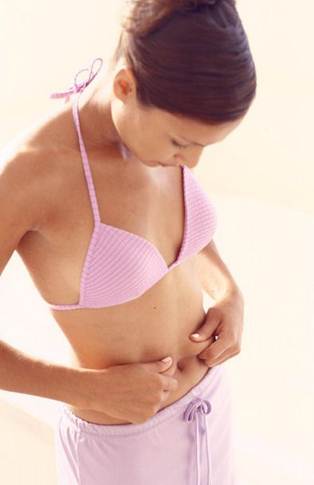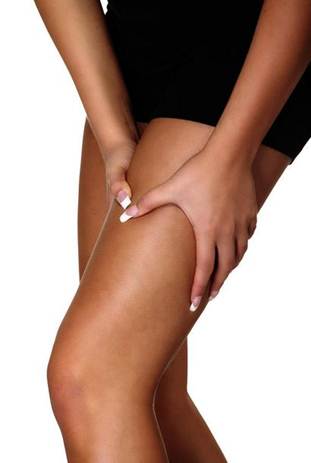These simple, quick home checks will give you an
immediate insight into your wellbeing
You jump on the scales to check your weight, and use a
heart-rate monitor to track your fitness. But did you know there’s a range of
simple self-tests you can do at home in a flash, that give you a useful picture
of your health and wellbeing?
1. Tummy shake
Stand in front of a long mirror. Pull up your clothes to
expose your tummy and start jigging and jumping. Keep an eye on your tummy and
stop moving suddenly - does it shake about?
What it means
If your belly shakes, it can show you’re carrying excess
water. This doesn’t mean you’re over hydrated, but that your body’s cells are
holding water. ‘When our body is in an acidic state, it holds water and we
become a bit bloated,’ says Bull. ‘Within two or three days of clean eating,
the excess water wobble goes and allows fat to shift more efficiently.’
What to do
Drink plenty of water - being hydrated helps your body flush
excess water rather than storing it. Reduce your salt intake and eat foods with
diuretic properties such as celery, lettuce, cucumber, carrots. Exercise also
helps - it heats your body, so you sweat out excess fluid, and improves your
circulation, preventing further fluid retention.

Stand in front of
a long mirror. Pull up your clothes to expose your tummy and start jigging and
jumping.
2. Knee pinch
Squeeze the flesh on the inside of your knee joint, between
your fingers and thumb. Does it feel sore or sensitive?
What it means
Any tenderness can indicate that your lymphatic system is
overloaded. The lymphatic system is your drainage system, clearing out as it
chugs along at its own speed. If it’s busy clearing debris, your drainage
points, such as neck, groin, knees and armpits, can feel tender.

Squeeze the flesh
on the inside of your knee joint, between your fingers and thumb.
What to do
A healthy diet produces less waste for your lymph system to
remove, reducing your chances of congestion. Replace sugary, salty foods with
wholefoods, fruit and vegetables. Drink at least six glasses of water daily -
your body needs to be well hydrated to keep your lymph system moving. Regular
exercise and deep breathing from your diaphragm also helps. ‘Supporting your
body with movement and healthy eating, rather than challenging it with junk
food or inactivity, is the best you can do,’ says Bull. ‘Treatments and massage
are wonderful, but don’t solve the cause.’
Five minutes of jumping on a rebounder or skipping helps
boost your lymph system.